Understanding the legal implications of using web filters in K-12 schools
Hapara
NOVEMBER 16, 2023
CIPA requires schools or libraries eligible to receive discounts through the E-rate program to adopt and implement an internet safety policy. What are CIPA guidelines for filtering? Under CIPA, public schools are required to follow guidelines to prevent minors from viewing harmful content online.

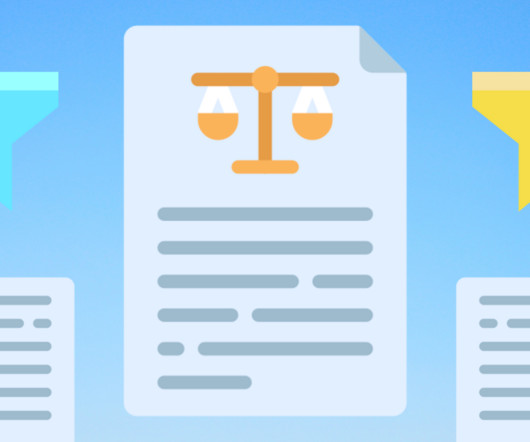
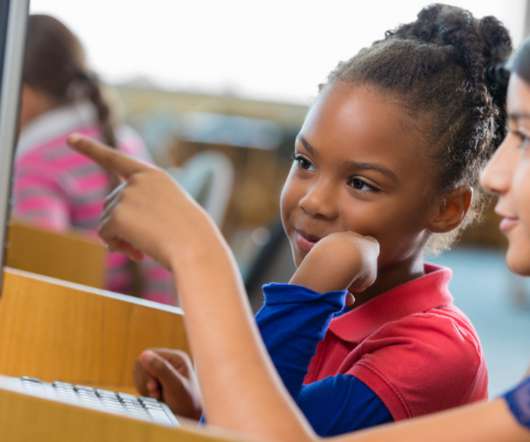
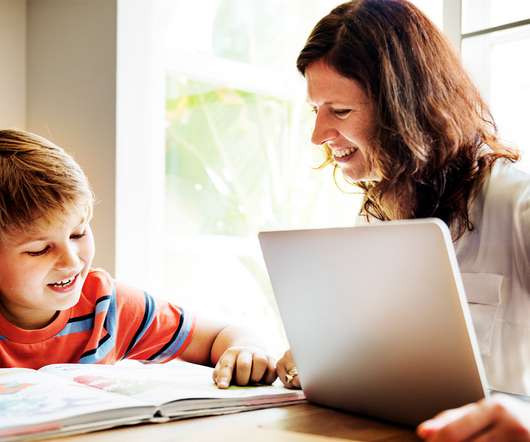
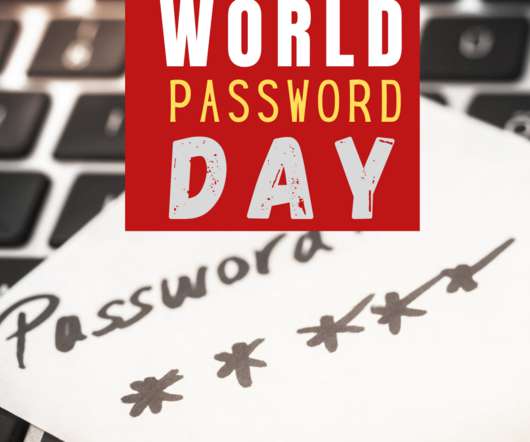
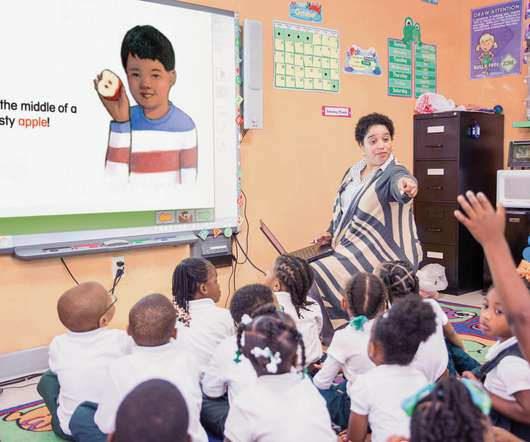



















Let's personalize your content